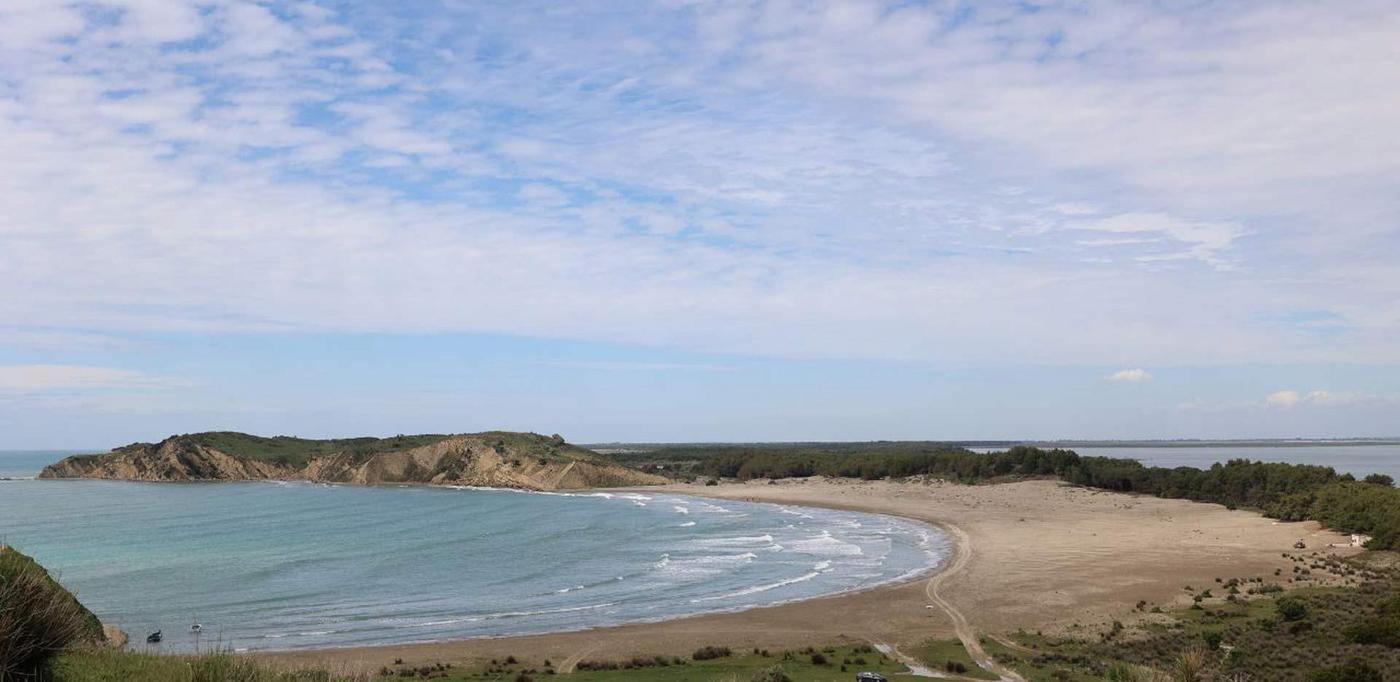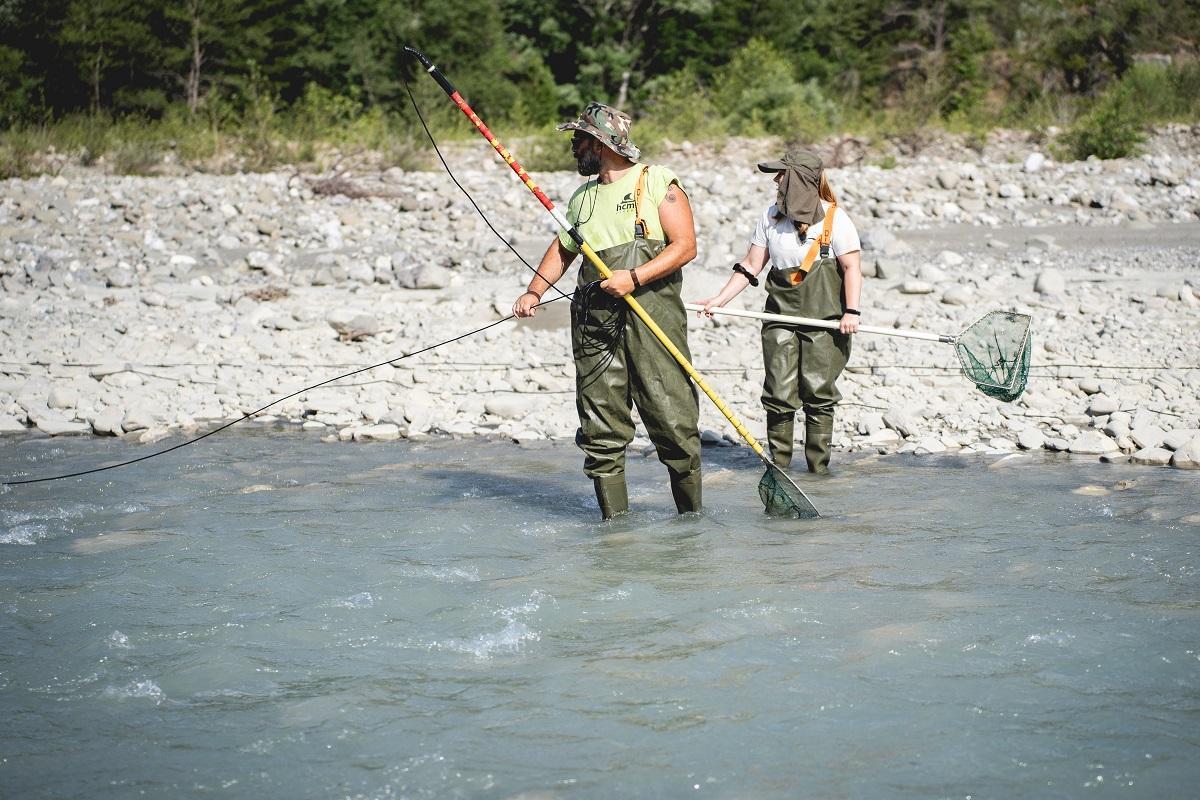A commentary by Anika Konsek, EuroNatur staff member

Natural beach near Zvërnec. Donald Trump's son-in-law Jared Kushner plans to build villas and luxury apartments here.
© Anika Konsek"Wow, Albania is so beautiful," I think to myself as I see the Zvërnec Peninsula for the first time. This unique natural jewel, nestled between the Mediterranean Sea and the Narta Lagoon, is a hotspot for Europe's migratory birds. The strenuous climb to the viewpoint is quickly forgotten as I let my eyes wander over the unspoilt landscape. At that moment, I understood why Jared Kushner, Donald Trump's son-in-law, wants to develop this well-preserved stretch of coastline for tourism. Yet, if the investors have their way, nature will soon give way to villas and luxury apartments.
"And what's the problem with that?" would likely be the reply of Edi Rama, Albania's Prime Minister, who welcomes Kushner's willingness to invest.
Yet we know the Albanian coastal village of Zvërnec and the island of Sazan are under national and international protection. So is the nearby Vjosa River, which was declared a national park last year. Together, these pristine habitats form one of Albania's most important ecosystems, home to countless rare animal and plant species. In fact, a recent study has shown that the Vjosa Delta is one of the last intact deltas in the Mediterranean. But does this have to be yet another case of ecology versus economy?
My clear answer is no! My participation in the Vjosa Delta Science Week, which brought together more than 40 scientists from five countries, showed me that conservation can only be achieved together and that dialogue is important. The local people need an economic perspective to counteract the massive exodus of the Albanian population. But what good is it for Albania to make a quick buck from tourism if, in the medium term, it destroys one of its most important sources of income, namely the country's unique natural landscapes? So, what can be done?

The lagoon of Narta with a view of the island of Sazan. Will luxury apartments be built here soon?
© Xhemal Xherri / PPNEATogether with local people and various political and business stakeholders, we need to think about environmental, economic and social perspectives that are not mutually exclusive but complementary. The example of the Vjosa in Albania shows that this is not easy but still achievable. The river’s proclamation as Europe's first wild river national park just over a year ago was celebrated worldwide as a milestone for nature and people. Without the great perseverance and close cooperation of NGOs such as EuroNatur, EcoAlbania and Riverwatch with Patagonia, local communities, representatives of the Albanian government, scientists and many other committed people, this success would never have been achieved.

However, this success is on very shaky ground. The Albanian government recently passed a law that will make it easier in future to override conservation rules when building large infrastructure projects. The law is already being implemented in practice for the highly controversial water extraction project on the Shushica, a tributary of the Vjosa.
So, was all the effort in vain? No, but it is important to implement sustainability holistically and to reconcile different interests. We should be able to do this on Albania's last unspoilt coastline, and we will work closely with our partners to achieve this, preserving a paradise for everyone.

PS Just a few weeks after the Science Week in the Vjosa Delta, another Science Week was held on the Sarantaporos in Greece. This is the largest tributary of the Aoos, the source river of the Vjosa in Greece. More than 60 scientists from a wide range of disciplines spent a week working together on the Sarantaporos. Their findings should help to protect the river even better with the major goal of creating a cross-border Vjosa-Aoos National Park.
Read our press release!


